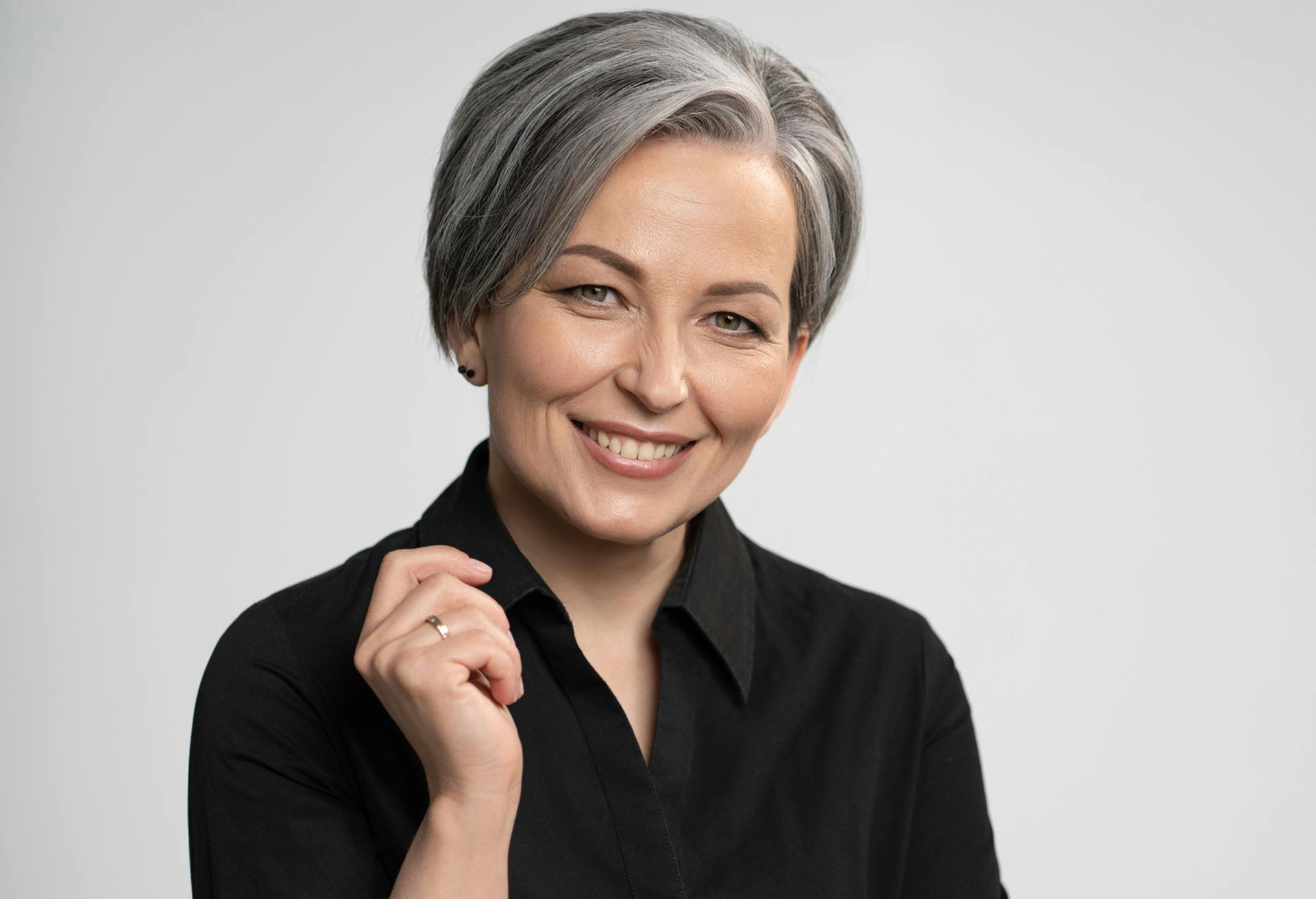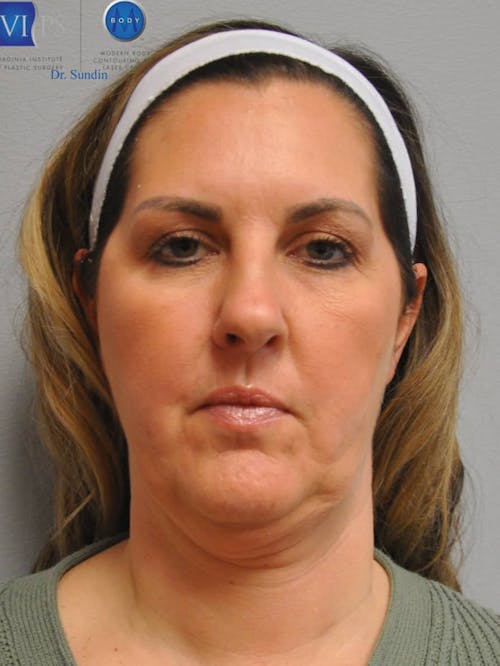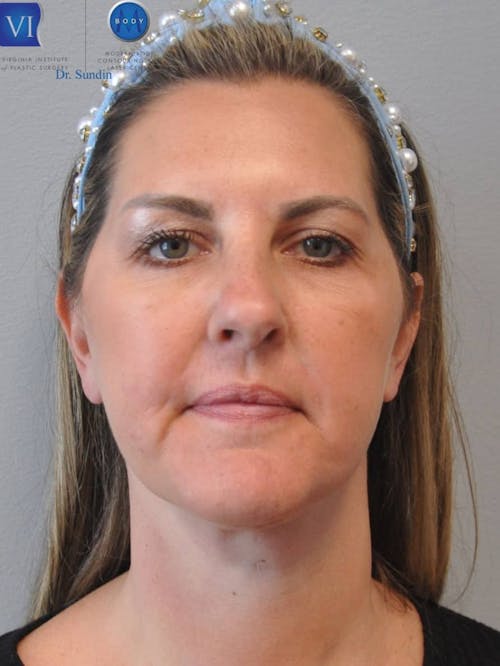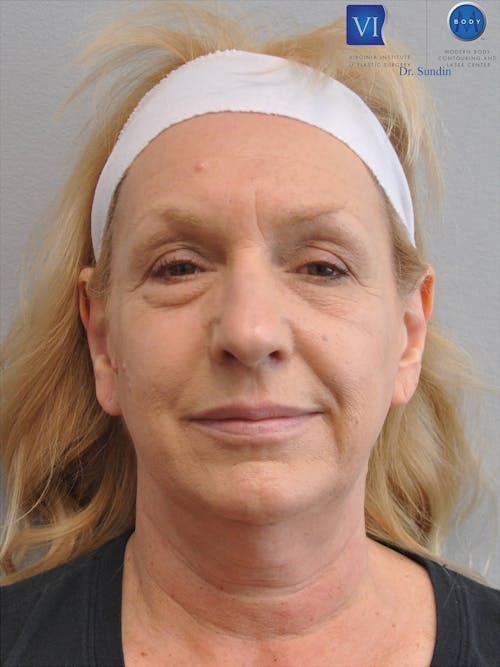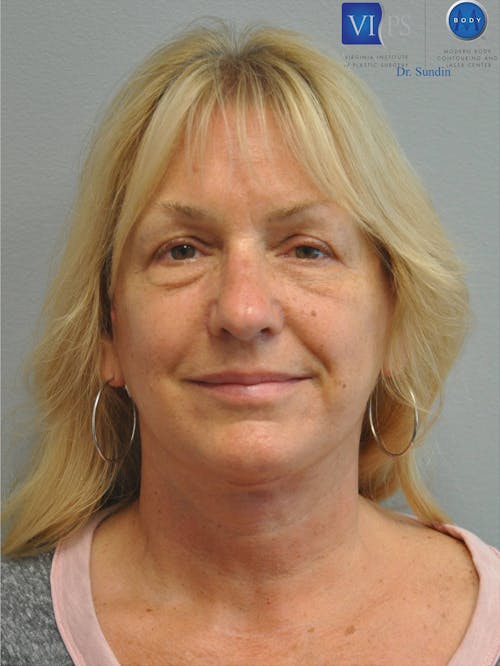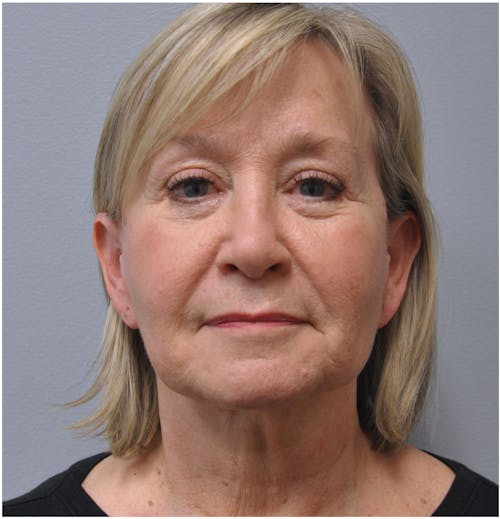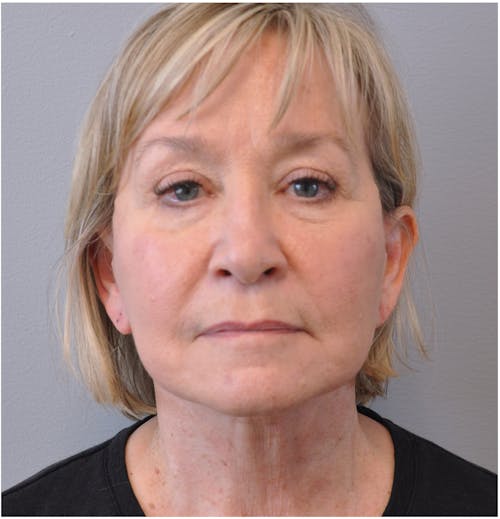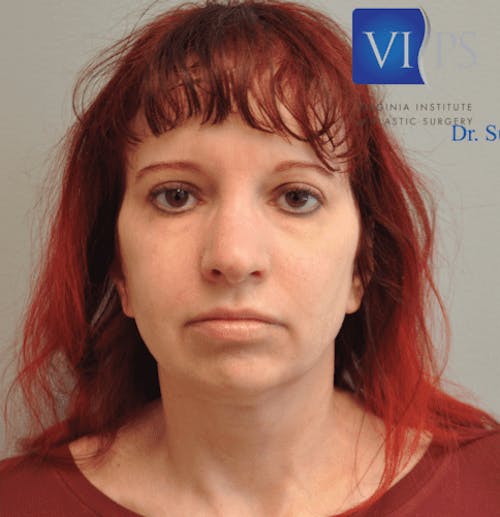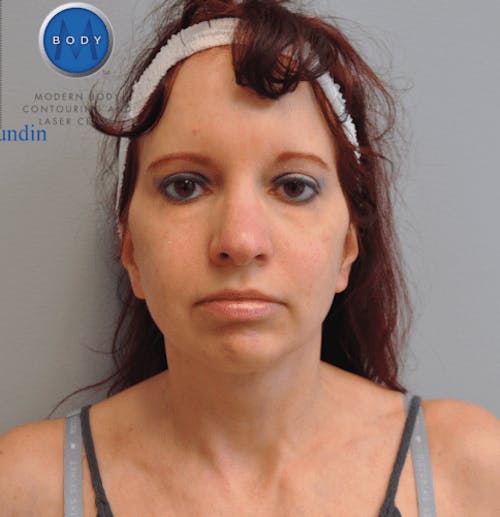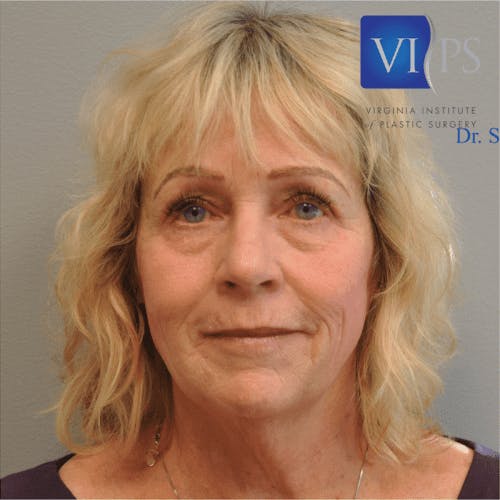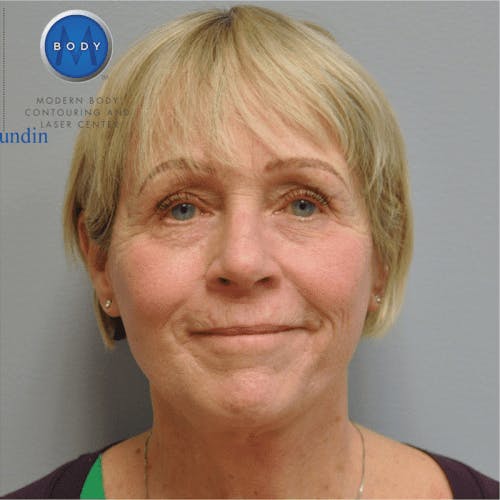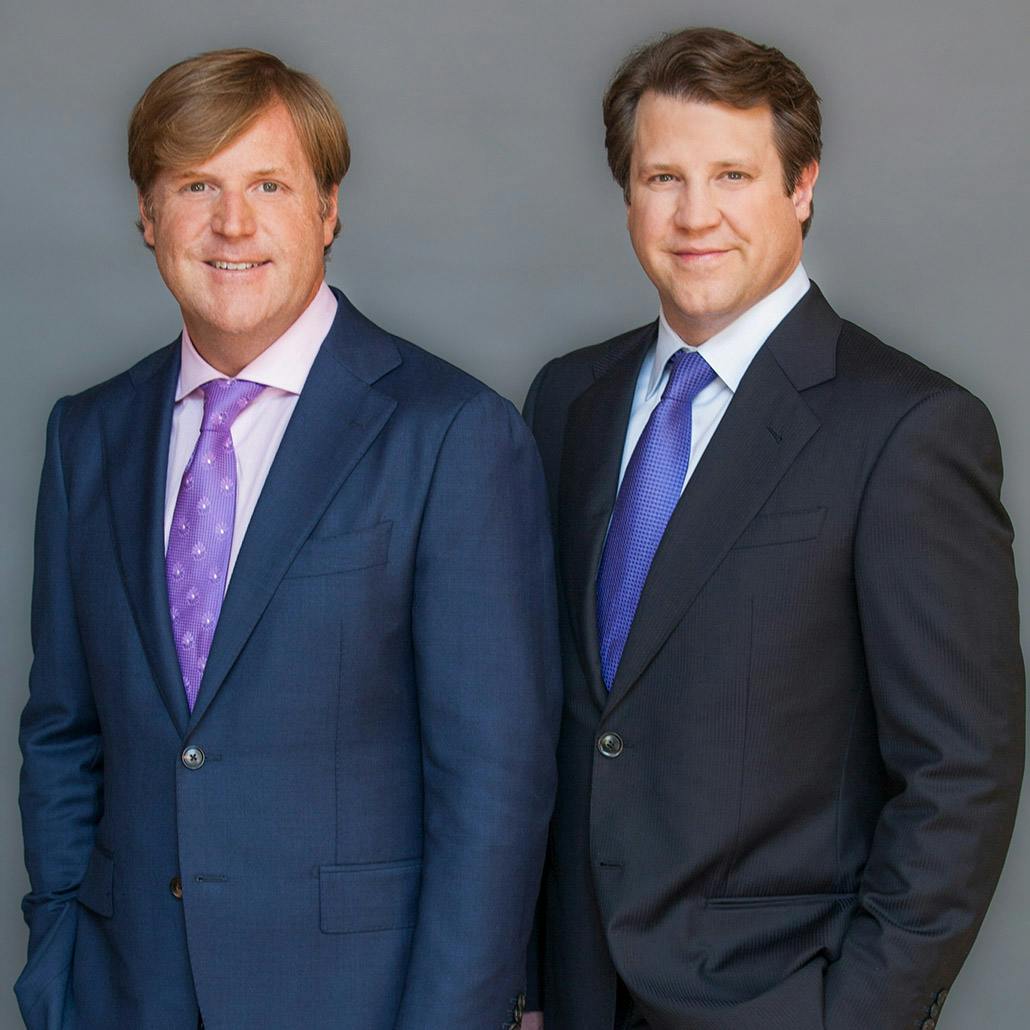The face is one of the first areas where the signs of aging are known. Sun exposure, aging, lifestyle choices, and even simple genetics can all form lines and wrinkles that add years to your appearance. By tightening the face’s underlying musculature and removing sagging skin, a facelift in Richmond can effectively turn back the clock so that you can enjoy a more youthful and refreshed look.
A facelift reverses signs of aging by tightening the underlying musculature and removing sagging skin. A good facelift always rejuvenates the neck and the face and can effectively turn back the clock so that you can enjoy a more youthful and refreshed look.
